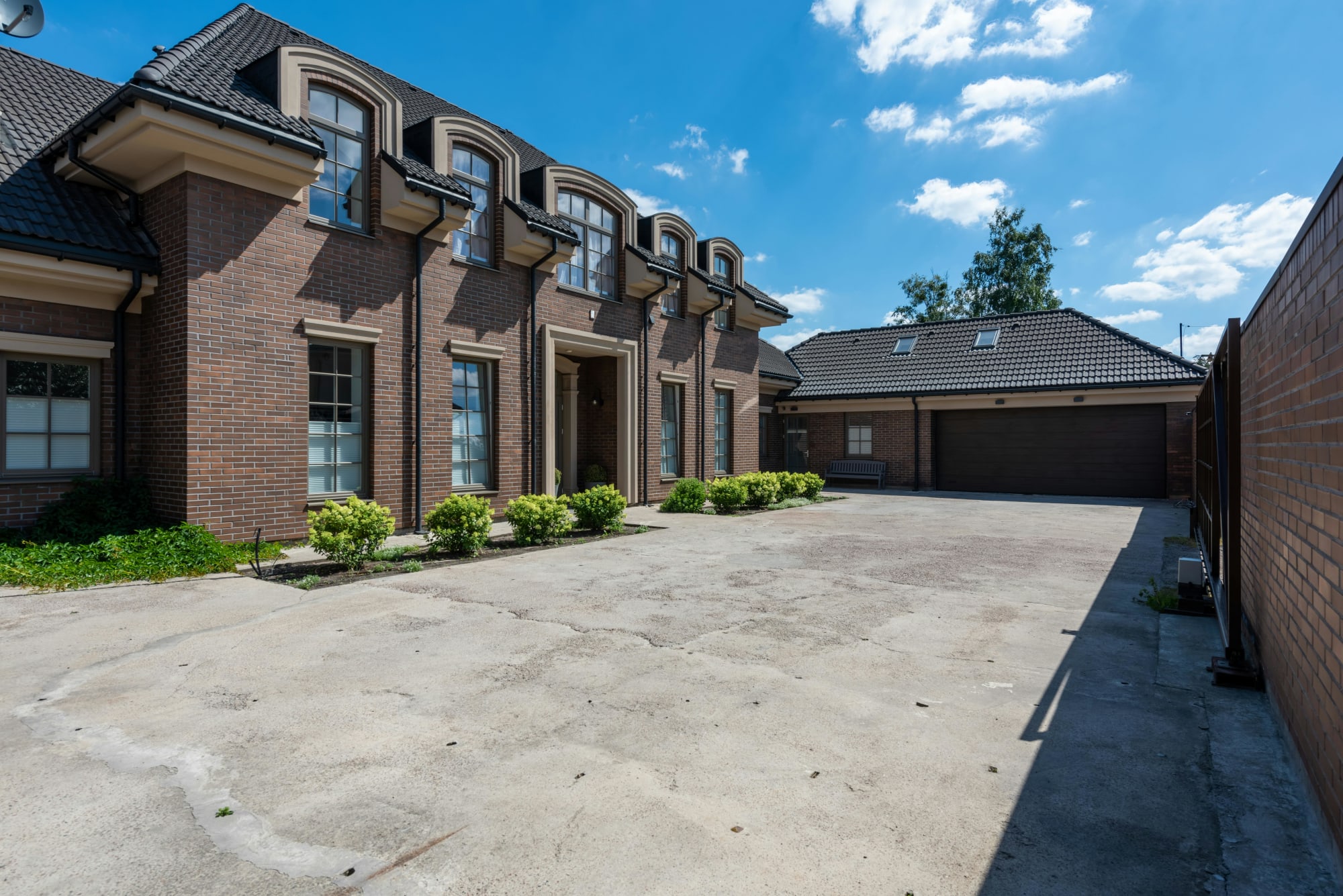Invest
Stamp duty significantly slowing path to purchase for FHB
Saving for a home takes years for the typical first-time buyer. In Australia’s largest cities, as much as two years are spent simply building up the funds to pay the cost of stamp duty, according to new data.
Stamp duty significantly slowing path to purchase for FHB
Saving for a home takes years for the typical first-time buyer. In Australia’s largest cities, as much as two years are spent simply building up the funds to pay the cost of stamp duty, according to new data.

State and federal government schemes currently offer stamp duty relief and deposit guarantees for first home buyers depending on the purchaser’s income bracket, location, and the price of the property they want to buy. But according to Angus Moore, an economist with PropTrack, those policies may help some first home buyers buy sooner, but there’s a more systemic problem at play that should be addressed.
“Even with concessions in place, for first-home buyers targeting entry-level homes, stamp duty significantly slows the path to purchase,” Mr Moore said.
“For many first-home buyers, it is saving the 20 per cent deposit – rather than servicing the mortgage once they have one – that is the constraint on homeownership,” he noted.
In Sydney, the purchase price for a typical entry-level home for a first home buyer sits at $750,000; in Melbourne, it’s $610,000. As housing prices have risen, so too has the time it takes to save a deposit.

PropTrack’s data shows that 10 years ago, a typical Sydney buyer spent 4.4 years saving for a home deposit. Now it takes 7.1 years. In Melbourne, that duration has elongated from 4.5 years to 6.1 years. Meanwhile, in the country’s smaller markets, that figure has remained largely consistent at roughly four years for both Brisbane and Adelaide.
But stamp duty still accounts for a significant portion of the time spent saving in all of these locations, Mr Moore reported.
“Stamp duty for an entry-level home adds around an extra year of saving in most cities. For more expensive, median-priced homes, stamp duty adds an extra two years’ worth of saving in Sydney and Melbourne and between one and 1.5 extra years in other cities,” he said.
Mr Moore acknowledged that stamp duty concessions for first home buyers in Canberra, NSW, Victoria, Queensland, Western Australia, and Tasmania do help. But all of these programs, except for the ACT’s, place caps on the maximum price of a home that a first-time buyer can purchase.
In Sydney, the first home buyer concession reduces deposit-saving time by around half a year for a relatively affordable home for some buyers. In Melbourne, the concession reduces saving time by as much as one and a half years.
But Mr Moore noted that the caps restrict the savings to only a certain demographic of first home buyers with a restricted set of needs.
“While a more-affordable, entry-level, home may benefit from stamp duty concessions, even median-priced dwellings will not in almost all states,” Mr Moore noted.
“In particular, the caps mean that few detached houses are eligible. Instead, first-home buyers are mainly restricted to apartments. This is not the case in Canberra, as the concession there has no price cap and so all dwellings are eligible”.
About the author

About the author


Property
From intuition to instrumentation: How a "two-stakeholder" sales playbook lifted close rates and cut cycle times
High-stakes consumer purchases are increasingly joint decisions. When one partner is under-served, deals stall. This case study follows an Australian real estate group that rebuilt its sales motion ...Read more

Property
Selling in 2025: How to spot bad agents fast—and build an ROI-first vendor playbook
In Australia’s property market, choosing the wrong listing agent isn’t just inconvenient—it’s a textbook principal–agent failure that can wipe tens of thousands off your sale outcomeRead more

Property
Selling in 2026: How to de‑risk your agent choice and protect tens of thousands at settlement
Choosing the wrong selling agent isn’t just an inconvenience — it’s a balance‑sheet risk. In a market where digital discovery is concentrated and AI is recasting how listings are priced and promoted, ...Read more

Property
Rate resilience in Australian housing: why scarce supply is overpowering monetary tightening
Australia’s housing market is defying higher borrowing costs because the binding constraint isn’t demand—it’s supply. Brokers report persistent buyer competition and investor repositioning, while ...Read more

Property
Victoria’s $100m renter support push: what it means for landlords, proptech and the housing economy
Victoria has unveiled a new suite of rental support services, including a dedicated helpline for renters aged 55+, underpinned by a funding package widely reported at around $100 millionRead more

Property
The multigenerational home moves mainstream: where the next margin lives in Australian real estate
Multigenerational living is shifting from edge case to core demand driver in Australia’s housing market. For agents, developers and lenders, the commercial upside lies in rethinking product design, ...Read more

Property
Multigenerational living is moving mainstream: how agents, developers and lenders can monetise the shift
Australia’s quiet housing revolution is no longer a niche lifestyle choice; it’s a structural shift in demand that will reward property businesses prepared to redesign product, pricing and ...Read more

Property
Prestige property, precision choice: a case study in selecting the right agent when millions are at stake
In Australia’s top-tier housing market, the wrong agent choice can quietly erase six figures from a sale. Privacy protocols, discreet buyer networks and data-savvy marketing have become the new ...Read more

Property
From intuition to instrumentation: How a "two-stakeholder" sales playbook lifted close rates and cut cycle times
High-stakes consumer purchases are increasingly joint decisions. When one partner is under-served, deals stall. This case study follows an Australian real estate group that rebuilt its sales motion ...Read more

Property
Selling in 2025: How to spot bad agents fast—and build an ROI-first vendor playbook
In Australia’s property market, choosing the wrong listing agent isn’t just inconvenient—it’s a textbook principal–agent failure that can wipe tens of thousands off your sale outcomeRead more

Property
Selling in 2026: How to de‑risk your agent choice and protect tens of thousands at settlement
Choosing the wrong selling agent isn’t just an inconvenience — it’s a balance‑sheet risk. In a market where digital discovery is concentrated and AI is recasting how listings are priced and promoted, ...Read more

Property
Rate resilience in Australian housing: why scarce supply is overpowering monetary tightening
Australia’s housing market is defying higher borrowing costs because the binding constraint isn’t demand—it’s supply. Brokers report persistent buyer competition and investor repositioning, while ...Read more

Property
Victoria’s $100m renter support push: what it means for landlords, proptech and the housing economy
Victoria has unveiled a new suite of rental support services, including a dedicated helpline for renters aged 55+, underpinned by a funding package widely reported at around $100 millionRead more

Property
The multigenerational home moves mainstream: where the next margin lives in Australian real estate
Multigenerational living is shifting from edge case to core demand driver in Australia’s housing market. For agents, developers and lenders, the commercial upside lies in rethinking product design, ...Read more

Property
Multigenerational living is moving mainstream: how agents, developers and lenders can monetise the shift
Australia’s quiet housing revolution is no longer a niche lifestyle choice; it’s a structural shift in demand that will reward property businesses prepared to redesign product, pricing and ...Read more

Property
Prestige property, precision choice: a case study in selecting the right agent when millions are at stake
In Australia’s top-tier housing market, the wrong agent choice can quietly erase six figures from a sale. Privacy protocols, discreet buyer networks and data-savvy marketing have become the new ...Read more








